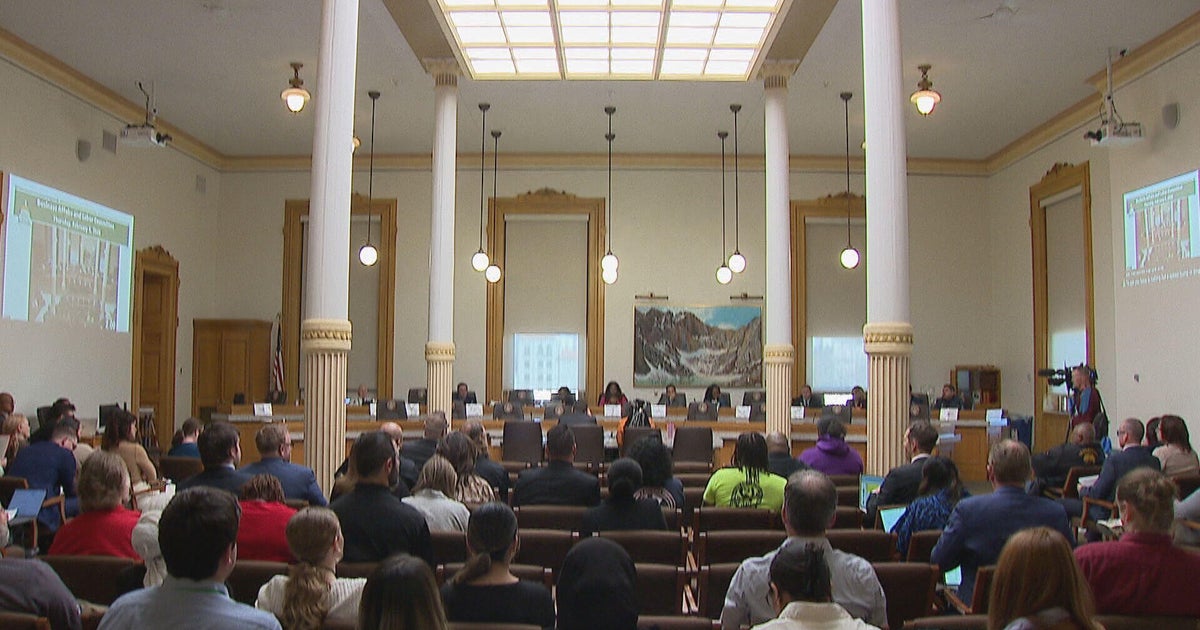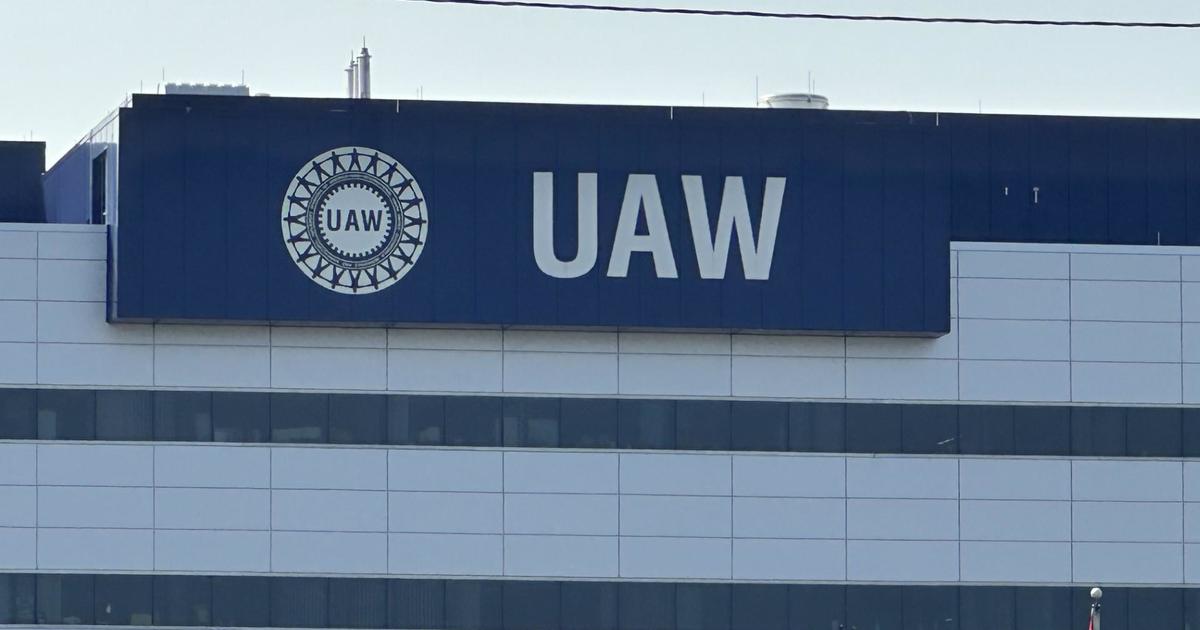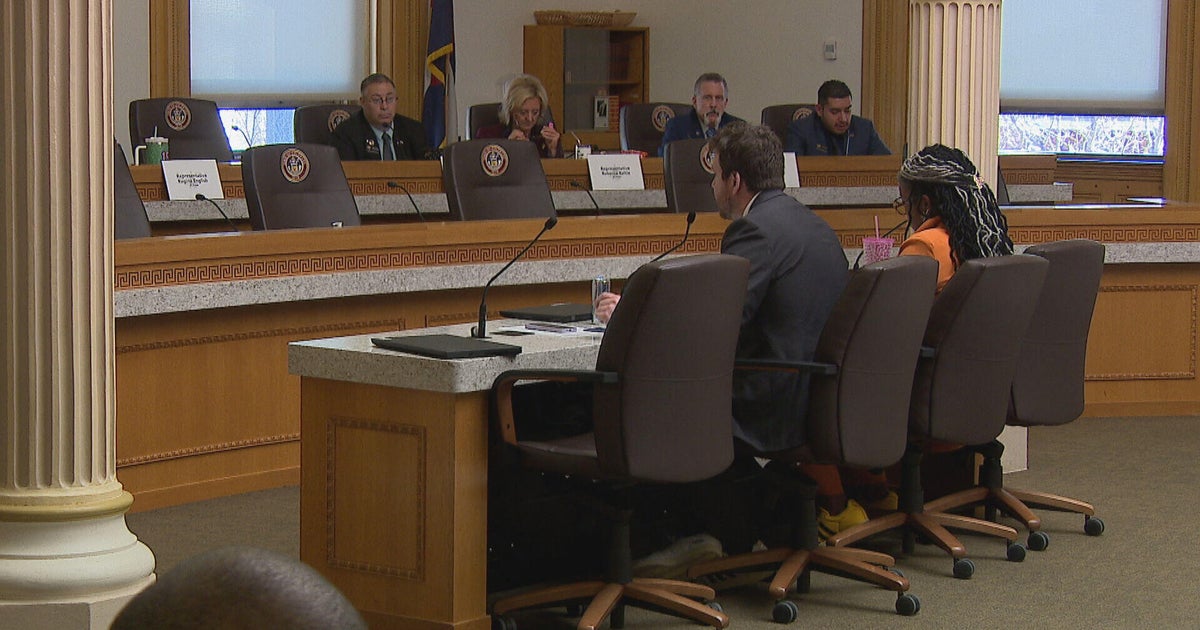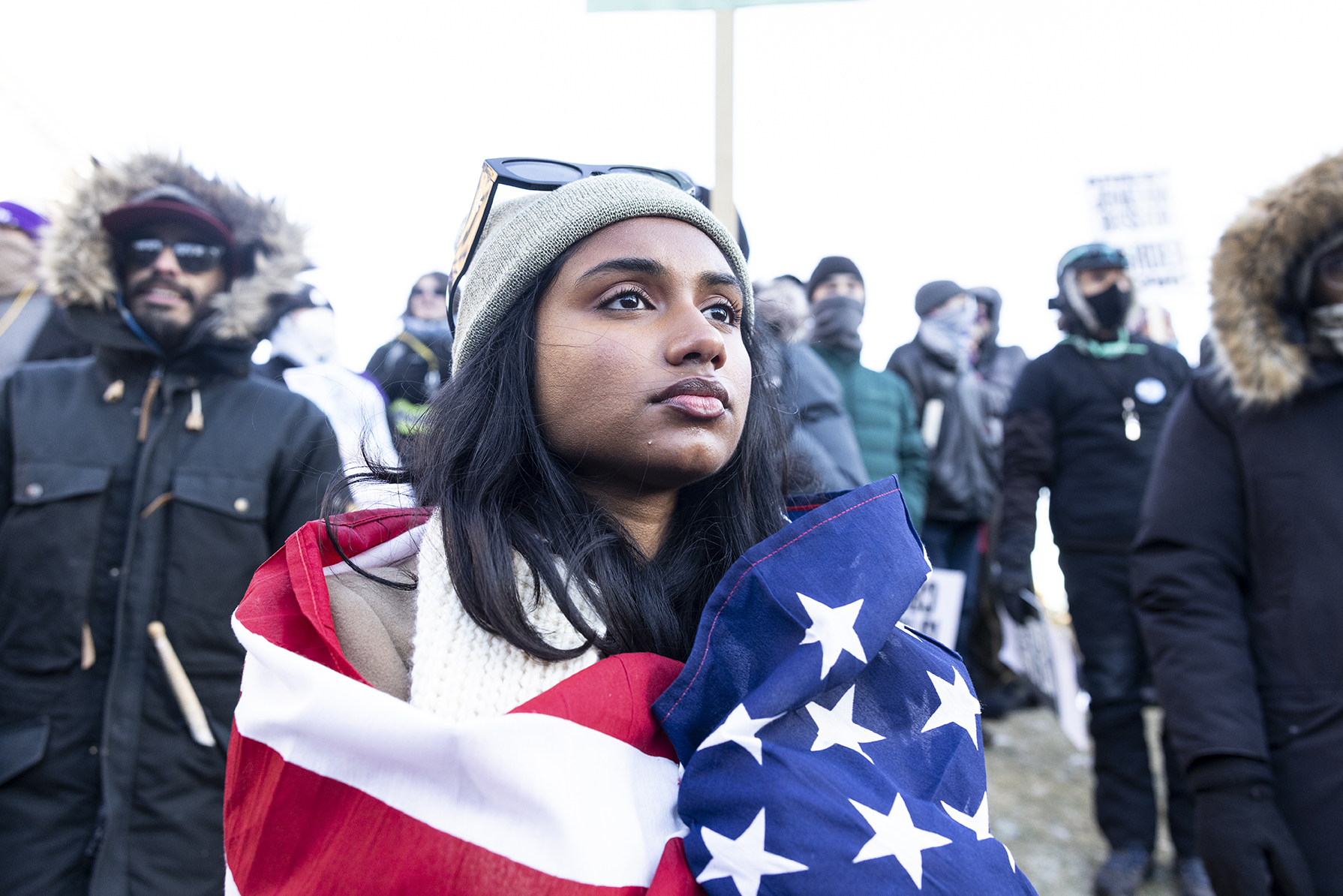Starbucks workers vote for a union at first store in Seattle
Starbucks workers at a store in Seattle have voted 9 to 0 to join a union, a first in the city and state where the coffee chain is headquartered and bringing closer to home a burgeoning labor movement among its workers that stretches across the country.
"We're excited for what this means for the national movement, and specifically Seattle," Rachel Ybarra, a 22-year-old barista who has worked at the newly unionized store for nearly two years, said in a news conference after the voting results were announced. "There's a support system now that did not exist a year ago."
One ballot was challenged and not opened, with three ballots not returned, according to a webcast of Tuesday's tally by the National Labor Relations Boar (NLRB).
Starbucks didn't immediately reply to a request for comment.
"Symbolic importance"
"This is the first Seattle election — a number of Seattle stores have filed [for elections] — it has symbolic importance for that reason," John Logan, a professor and director of Labor and Employment Studies at San Francisco State University, told CBS MoneyWatch. The movement at Starbucks could "ignite a wave of organizing across the low-wage retail food-service sector," he said.
Tuesday's vote comes three months after baristas at a Starbucks store in upstate New York voted to join a union, a first among roughly 9,000 company-owned stores in the U.S. Workers at five more Buffalo-area stores and another in Mesa, Arizona, have since followed suit.
Meanwhile, Starbucks workers at more than 150 stores in 27 states have filed with the NLRB to hold union elections looking to join Workers United, an affiliate of the Service Employees International Union.
Seattle-based Starbucks has opposed efforts to organize individual stores, unsuccessfully arguing that an election should include all of a region's stores.
"If union revitalization is ever to happen in the U.S., it would have to happen because of these types of campaigns that spread like wildfire, that capture the imagination of young people," Logan said. "The question for the broader labor movement is what to do to facilitate that process."
The NLRB last week issued a complaint against Starbucks over claims it retaliated against two workers trying to organize their store in Phoenix. The company has repeatedly denied accusations it tried to intimidate workers.
The organizing effort at Starbucks is led by young workers with fewer fears of what could happen to them, as Logan sees it, citing high demand for workers by many employers re-emerging from the pandemic. They figure, "'If I lost my job, I could probably get another one fairly easily'," he said.
Logan sees similarities between Starbucks and a recent campaign to unionize an REI store in New York. In both cases "there is a union involved, but it's almost a process of self-organization, about workers speaking to each other," he said. "It's not really about having a big union invest millions and millions of dollars into a campaign at McDonald's — it's more grassroots and worker-led, and companies probably fear that a lot more."



